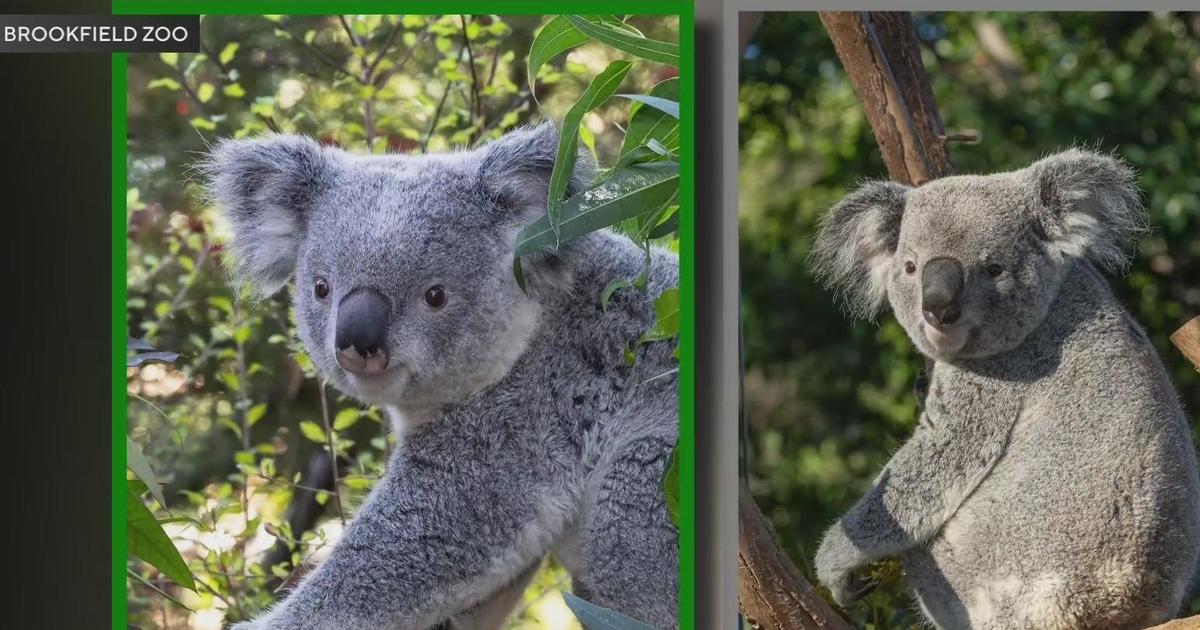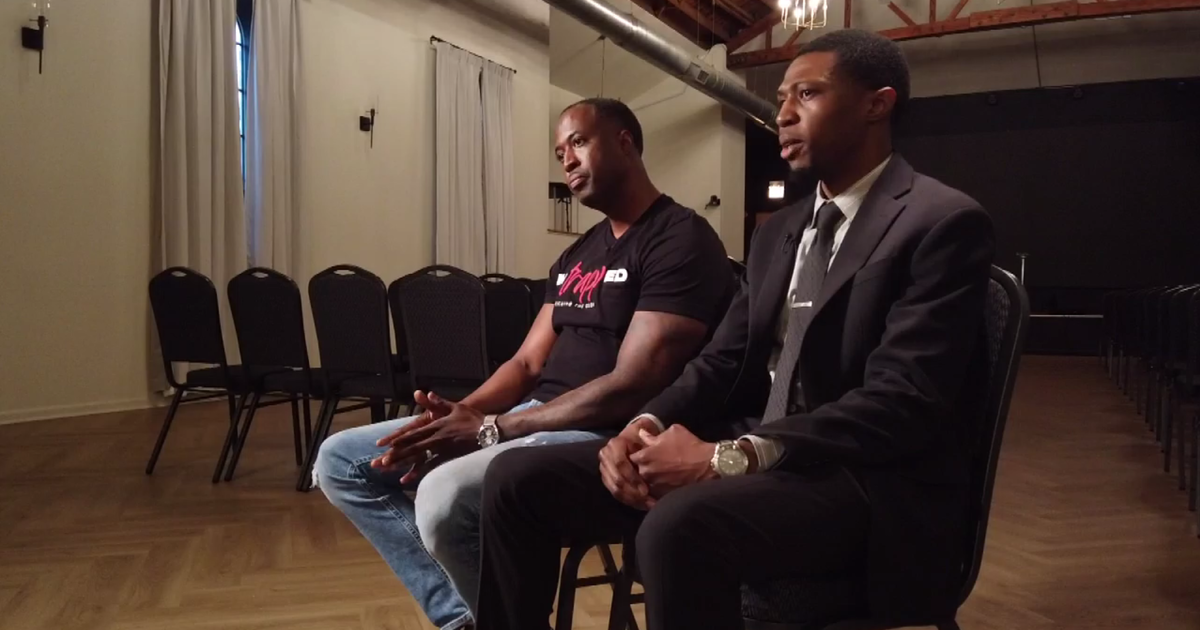Doggie DNA Tests May Help Identify Your Mutt's Background
(CBS) -- How much do you really know about the background of your dog?
Makers of newly available DNA tests say they can identify your mutt's breed.
CBS 2 tried two different brands on five dogs and got some surprising results, Dana Kozlov reports.
Rosie is a rescue dog. Her owners have no idea of her pedigree.
"I think she's definitely part chocolate lab," says owner Rachel Warsaw.
Jacqueline Brennan believes her dog, Moose, is part German shepherd but concedes the pet could be anything.
Now, there are answers for the canine-curious, via DNA tests that determine what breeds make up a mutt.
CBS 2 test two products, Widsom Panel and DNA My Dog, on Rosie, Moose, Iggy, Charlie and Milo. A cheek swab to collect DNA samples and the pup predictions began.
What result would surprise 51-pound Moose's owner?
"Maybe like a Chihuahua, something really small," Jacquelyn Brennan says.
The tests are fairly new and cost under $100. Experts say they match the dog's DNA samples against the genetic markers of breeds in the company's computer database to get the results.
"Based on data presented, it's probably around 90 percent accurate," says veterinary geneticist Urs Giger, D.V.M. of the University of Pennsylvania.
But the results are just shy of shocking. Moose is a Chihuahua, prompting Brennan to exclaim: "Oh my God."
Moose also is a German shepherd and shetland sheepdog, according to the Wisdom Panel test. DNA My Dog pegs her as a Brittany, English springer spaniel, bullmastiff, akita and dalmatian.
And little 28-pound Rosie? Part Great Dane, according to DNA My Dog, along with beagle, Catahoula leopard dog and Boston terrier.
The other test, Wisdom Panel, pegs Rosie as beagle and Boston terrier. Results vary between the companies for the other pooches CBS 2 tested, too.
That's not surprising, says Dr. Giger.
"It very much depends on how many breeds they do have in their system," Giger says.
Exact science? No. But owners like Bill McAdam and Julie Stephens say it's a lot of fun.
"We learned something," McAdam says.
Both companies say the variation in results could be explained by differences in each's breed database, the types of DNA markers used and the computer algorithm used to analyze the data.
Dr. Giger's veterinary school at the University of Pennsylvania does receive funding from Mars, the maker of the Wisdom Panel test. However, none of Dr. Giger's research uses funding from Mars.



